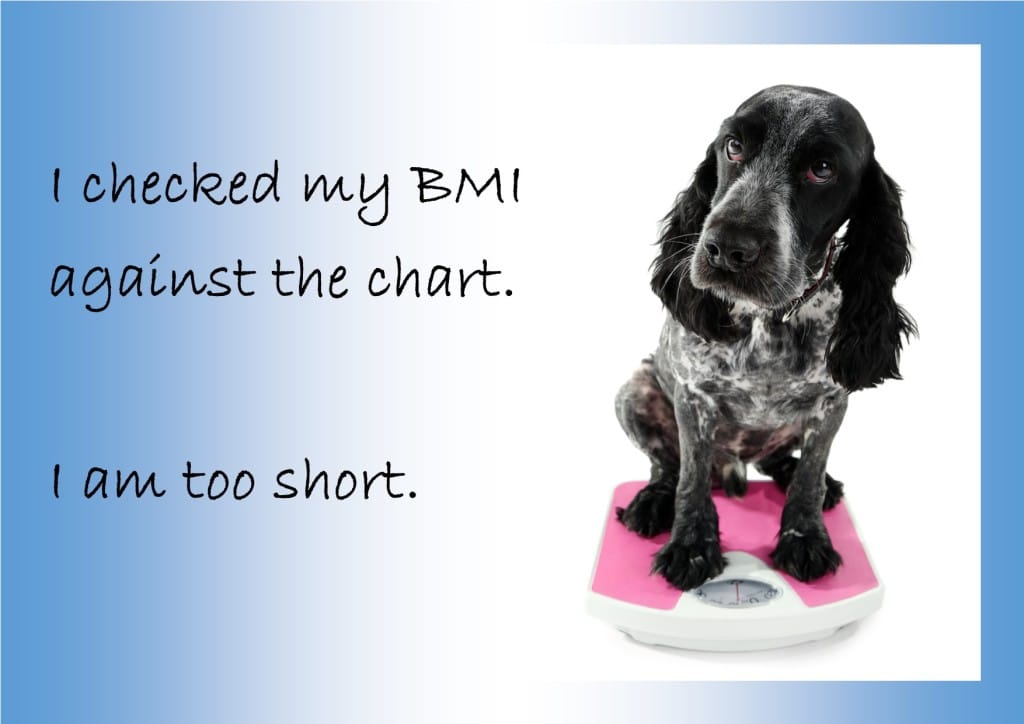I came across a post on my Facebook feed this morning – one of my friends who had popped up an ‘ideal body weight range’ chart, and was (quite understandably) a bit put out because, according to this chart, she was around 10kg heavier than she should ‘ideally’ be.
To clarify – my friend is very fit, slim, healthy, and pays attention to what she eats. So obviously the chart involved in this case is not really reflecting a true and accurate picture.
So, it got me thinking about why we place so much emphasis on what the scales say, to the point where a morning weigh-in can determine how we feel for the rest of the day – you know exactly what I mean, right? You hop on the scales in the morning, get disappointed by the result, and it makes you feel bad about yourself for the rest of the day.
As of today – I want you to stop doing that. RIGHT NOW. Throw your scales away if you like (a liberating feeling). Because I’m going to tell you right now that the numbers on the scales aren’t anywhere near as important as we have made them. And here’s why:
The scales don’t tell you what your body is made up of – whether you have the right amount of muscle, the right amount of fat, or too much or too little of either. It is a myth that ‘muscle weighs more than fat’ – muscle weighs the same as fat (ie if you have 1kg of muscle and 1kg of fat they both weigh the same), however muscle is a lot more compact than fat, so it takes up quite a bit less room (meaning you look slimmer). You can be the ‘ideal’ weight yet have a low muscle mass and a higher than ideal amount of fat (and I see this quite a lot in my clinic). You might be a very fit athlete, in which case you will have a lot of muscle, but not much fat, yet be classed as ‘overweight’ going by the scales or the Body Mass Index (BMI). Which means that the scales (and the BMI) really aren’t that good a way to measure this area.
The scales also won’t tell you much about your overall health – how your cells are functioning, how hydrated you are, whether you have a healthy digestive/hormonal/immune system (insert whichever scenario applies to you). And they absolutely do not tell you a thing about your value as a person!
I work quite a lot with patients who are seeking to lose weight – and this is great, because whilst I encourage people not to judge their health or value solely by what the scales say, by the same token we can’t bury our heads in the sand and pretend that carrying too much weight (and weight carried in the wrong place, such as around the midsection) isn’t bad for your health now and into the future. If you are carrying a little too much weight, not only are you likely to feel sluggish and worn out all the time, you increase your risk of ill health down the track. What I DO take into account when working with weight-loss patients is looking at the whole picture – I make sure I assess each individual for their unique body composition – what they are actually made up of on the inside, and pull all this information together so that we can get a far more accurate idea.
I also encourage my patients to change their thinking from ‘weight loss’ to ‘fat loss’ – after all, it is fat that we want to lose, not muscle (which burns calories, so we want to keep that!) or water (which will just turn right back up once you re-hydrate).

